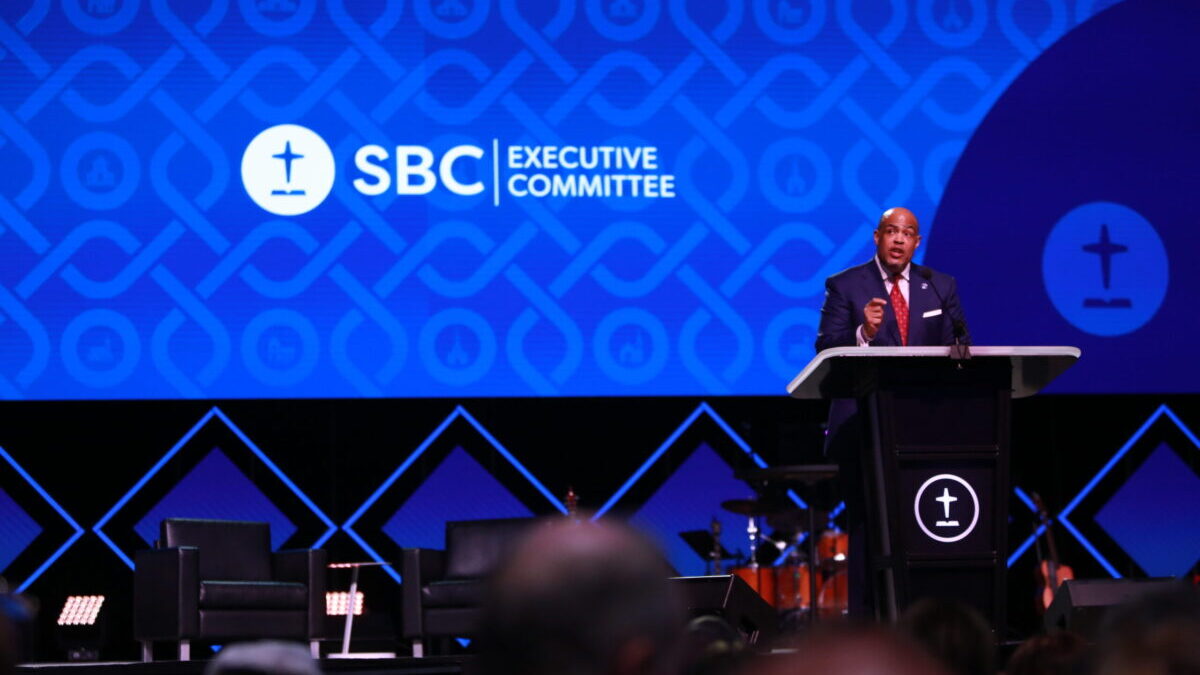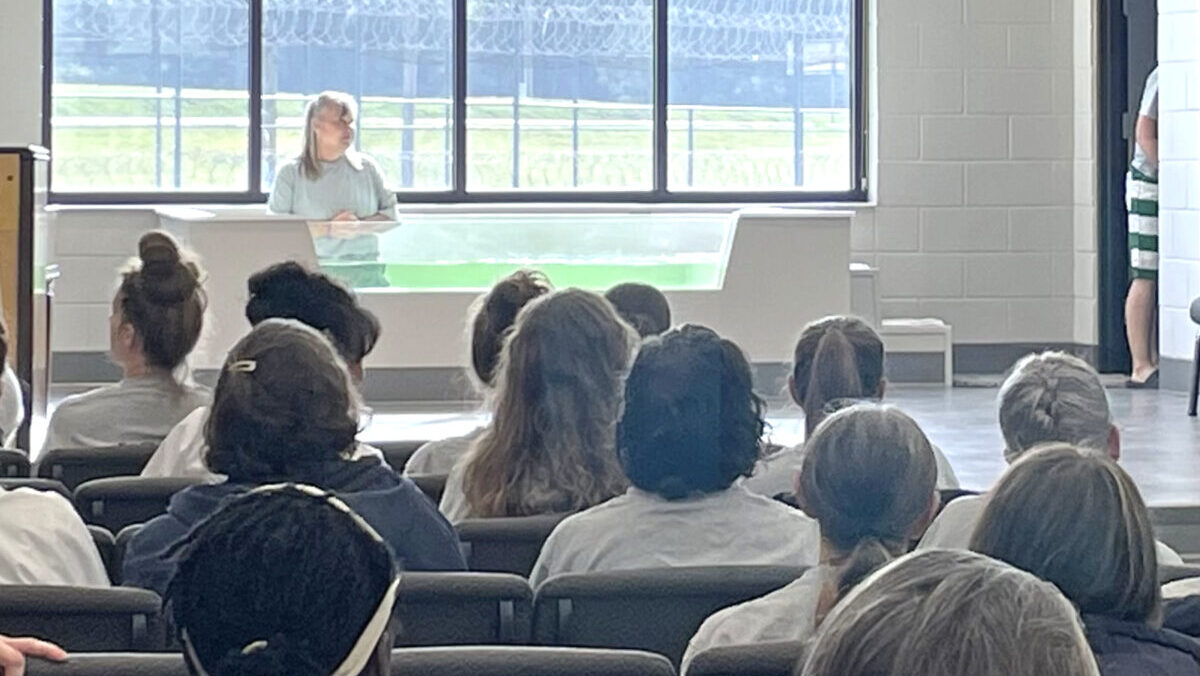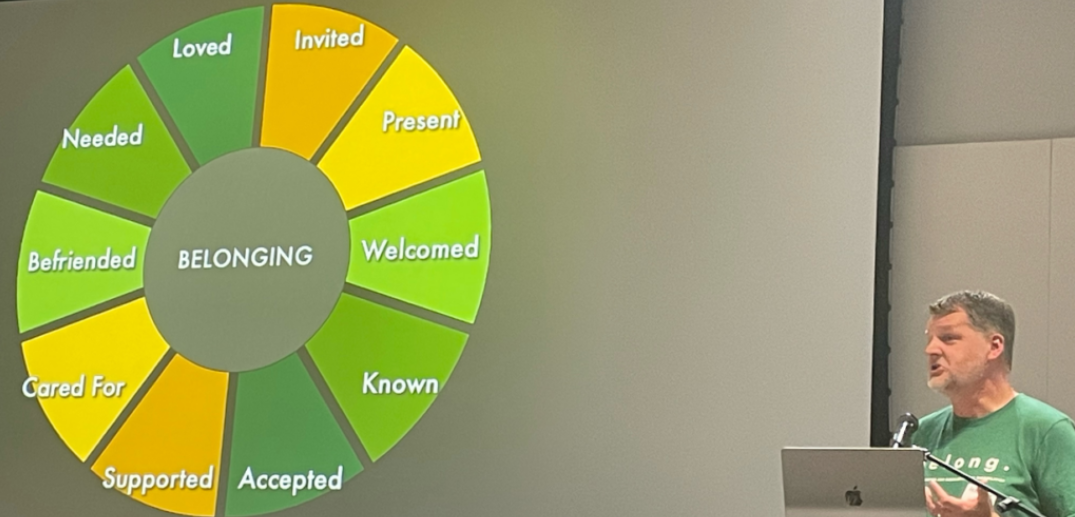Messengers to the 2023 Southern Baptist Convention Annual Meeting in New Orleans took a first vote June 14 to amend the SBC constitution by adding that Southern Baptist churches affirm, appoint or employ “only men” as pastors and elders.
Because any amendment to the SBC constitution requires a two-thirds vote at two consecutive SBC annual meetings to go into effect, the amendment will be voted on again at the 2024 SBC Annual Meeting in Indianapolis, Indiana.
The amendment passed against the recommendation of the SBC Executive Committee. The committee said it believed the topic was already sufficiently addressed through the Baptist Faith and Message, which states that “While both men and women are gifted for service in the church, the office of pastor is limited to men as qualified by Scripture.”
In Article III, Section 1, the constitution previously listed five characteristics of cooperating churches, the first of which was that those churches have “a faith and practice which closely identifies” with the BF&M.
Mike Law, pastor of Arlington Baptist Church in Virginia, proposed at the 2022 annual meeting that a sixth item be added to the list — “Does not affirm, appoint, or employ a woman as a pastor of any kind.”

During the EC report June 14, Law said he believes the addition “clarifies and strengthens our cooperation as Southern Baptists” when coupled with the existing BF&M statement.
Juan Sanchez, pastor of High Pointe Baptist Church in Austin, Texas, amended Law’s wording with Law’s agreement to say “affirms, appoints, or employs only men as any kind of pastor or elder as qualified by Scripture,” which Sanchez said “states what we believe positively.”
The motion on the constitutional amendment passed with Sanchez’s amended wording.
During the EC report, messengers also approved the committee’s recommended amendments to SBC bylaws that changed the word “printed” to “published” in regard to SBC bulletins, Book of Reports and proposed resolutions.
The change in wording anticipates scenarios at future annual meetings in which making a sufficient number of printed copies overnight isn’t possible, and the documents are published in some electronic form instead.
The motion carried after another proposed amendment to the recommendation was debated and failed.








